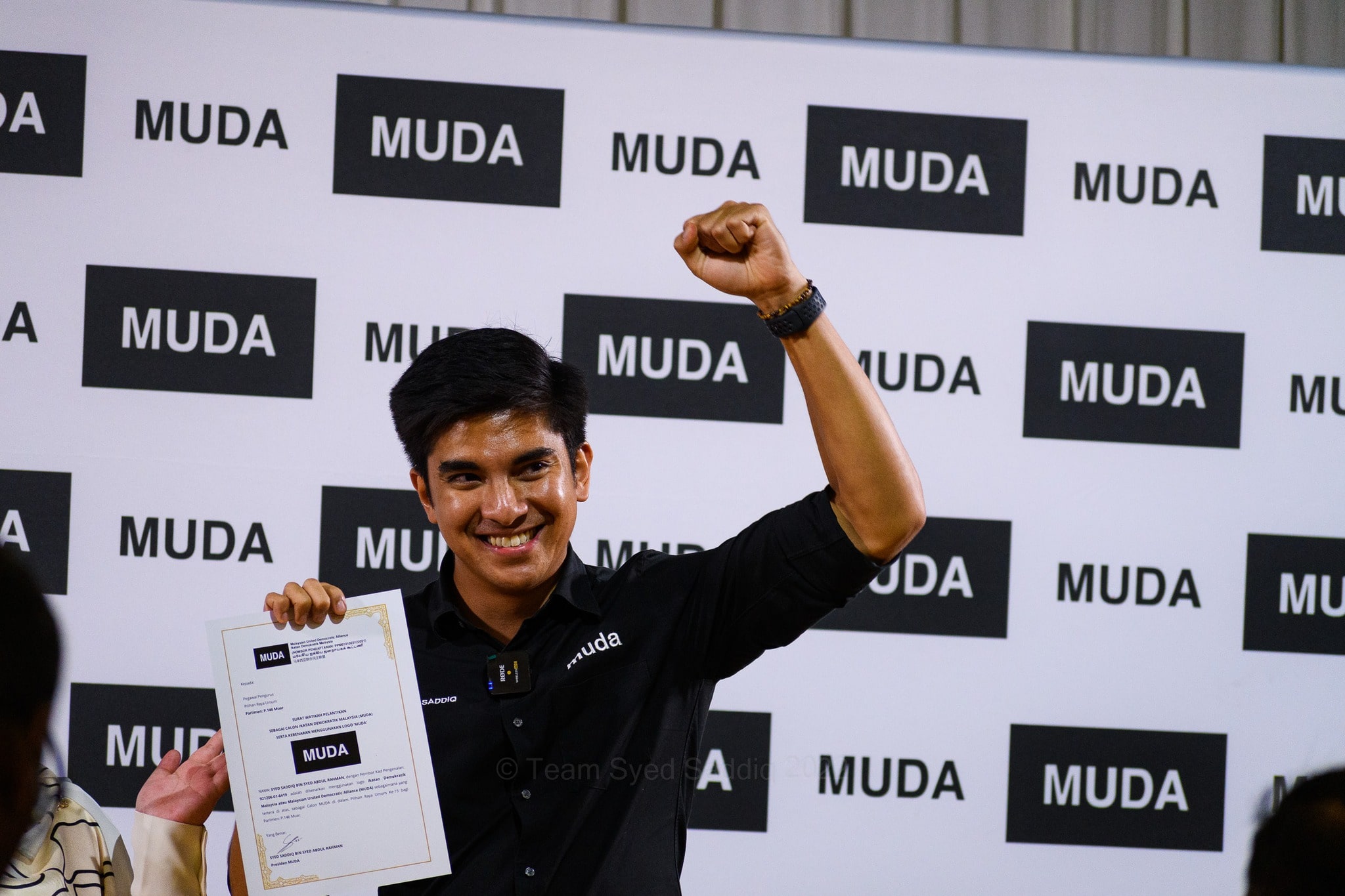KUALA LUMPUR, Nov 14 – Muda’s election manifesto pledges to introduce a payroll-funded social health insurance scheme, the only political party to address health care financing for Malaysia’s underfunded health care system.
According to the Malaysia National Health Accounts’ (MNHA) presentation in November 2021, Malaysia’s total expenditure on health was 4.7 per cent of the country’s gross domestic product (GDP) in 2020.
Public sources of health care spending slightly exceeded private sources at about 55 per cent to 45 per cent, or 2.58 per cent of the GDP versus 2.15 per cent. Malaysia’s total expenditure on health comprised just 4.7 per cent of the GDP in 2020.
Muda’s “Kertas Hitam” manifesto for the 15th general election, prepared last October 12 and posted on Muda’s website, noted that most developed economies spend about 10 per cent of their GDP on health care, while Malaysia’s medical costs are rising at an average of 10 per cent to 15 per cent annually.
“The prevalence of disease in old age, coupled with limited insurance coverage, can trigger a social welfare crisis,” said Muda’s election manifesto.
“To prevent this situation from becoming more critical, Muda proposes this mechanism: the introduction of a social health insurance scheme funded by contributions that are made in line with Employees’ Provident Fund (EPF) and Social Security Organisation (Socso) contributions.
“The contribution rates for this scheme should be appropriate and based on a flexible scale according to income and age.”
Citing June 2022 statistics, Muda noted that 52 per cent of 12.78 million EPF contributors below the age of 55, or 6.62 million contributors, only had savings under RM10,000. Some 3.2 million contributors from this group had retirement savings at the critical level of below RM1,000.
Pakatan Harapan (PH) – which is in an electoral pact with Muda that is contesting six federal seats in the 222-seat Parliament – did not propose social health insurance in its “Tawaran Harapan” manifesto, simply mentioning health care financing as an area of reform to be deliberated under a National Health Reform Plan.
PH, Barisan Nasional (BN), and Perikatan Nasional (PN) instead pledged to increase public health care expenditure to 5 per cent of Malaysia’s GDP – within five years for both PH and BN – which the Galen Centre for Health and Social Policy has criticised as “empty promises”.
Galen Centre chief executive Azrul Mohd Khalib said it was “simply impossible” to raise funding to those targets without reforms like earmarking revenue from sin taxes or introducing social health insurance, adding that it isn’t enough to just cut wastage or corruption.
Government Doesn’t Need To Provide Social Care, Fee Ceilings Mooted Instead
Muda’s GE15 manifesto stated that the youth party believes the government does not need to provide facilities and manage social care, or aged and child care.
This was despite Muda’s acknowledgment that women are the most affected by the “sandwich society” who are tasked with caring for both their young children and elderly parents.
“With a growing population and the rise in the percentage of the aged population, the State will not be able to guarantee the quality and safety [of care] at each government facility,” said Muda’s manifesto.
“Therefore, Muda proposes for the private sector to open child and aged care centres in each district according to regulation, tight standards, and fee ceilings (according to category of service) set by the government.”
Quality aged care, particularly, is very expensive, amid a prevalence of unregulated care homes. The government currently does not provide much aged care, leaving this to non-governmental organisations instead, or treating elderly citizens as a “welfare” matter under the Women, Family and Community Development Ministry.
Muda suggested that each child or aged care facility be limited to a maximum of five people to ensure quality and safety, besides giving operators grants and credit without interest to enable them to fulfil all set criteria.
All human resources should also be trained according to international caregiving standards under government sponsorship, said the youth party.
“In an effort to expand this approach, the government will provide cash assistance or appropriate tax exemptions to parents to help bear the cost of care.”








